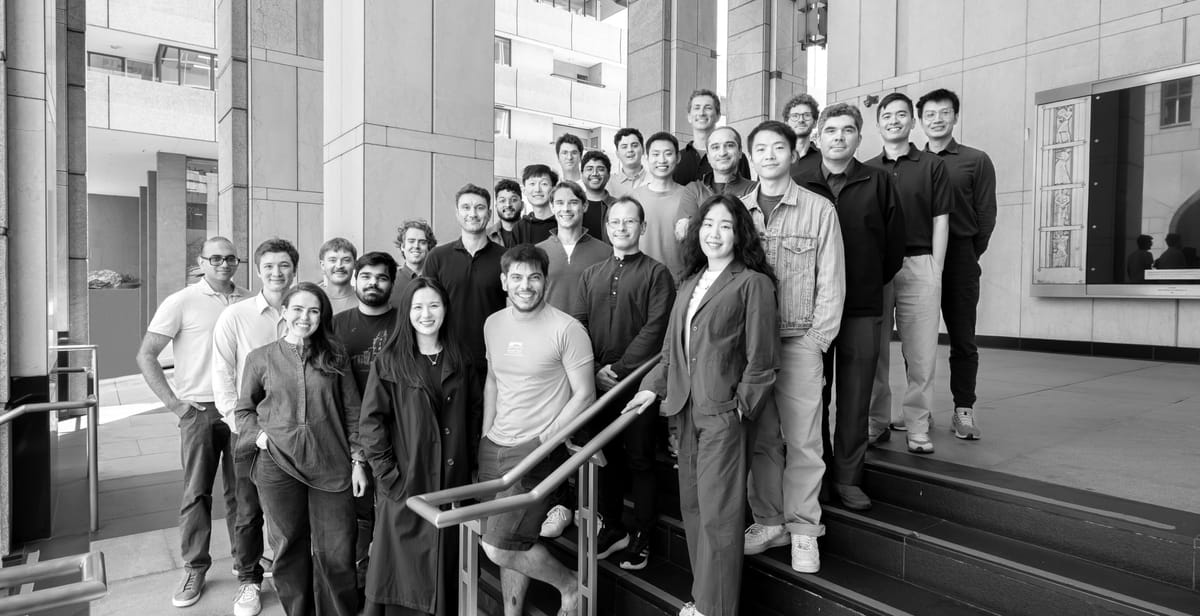
Periodic Labs, cofounded by Liam Fedus and Ekin Dogus Cubuk, came out of stealth Tuesday with a claimed $300 million seed round and a mission that’s equal parts robotics, AI, and physics. The startup wants to build “AI scientists” and the automated laboratories to match—moving beyond internet-scale data toward a system that can generate and test its own ideas in the physical world.
Key Points
- $300M “seed” led by a16z, with DST, NVentures (NVIDIA), Accel, Felicis, Bezos, Schmidt, Dean, Gil.
- Founders include Liam Fedus (ex-Google Brain) and Alexandre Passos; team credits span ChatGPT, GNoME, and the neural attention mechanism.
- Initial focus: physical sciences—superconductors, semiconductor thermal issues, and materials R&D.
- Strategy: autonomous labs to create proprietary experimental data, including negative results rarely published.
Periodic Labs’ pitch is straightforward: AI models have exhausted the internet’s finite troves of text and code. The next breakthrough, according to cofounder Liam Fedus, requires giving AI the means to generate new knowledge itself—by conjecturing, experimenting, and learning, as human scientists do. “Intelligence is necessary, but not sufficient,” Fedus wrote Tuesday. “New knowledge is created when ideas are found to be consistent with reality.”
The company’s playbook is to build closed-loop, self-driving laboratories where AI agents not only propose hypotheses but also run and analyze experiments. Each run can generate gigabytes of unique, high-signal data, including failed attempts. That proprietary stream of results becomes the raw material for training stronger models—data competitors can’t scrape.
The first applications are rooted in physics, where experiments are verifiable and simulations can accelerate iteration. One headline target: discovering superconductors that function at higher temperatures, potentially transforming power grids and transit. Periodic also cites work with an unnamed semiconductor manufacturer struggling with chip heat dissipation, where its agents are helping engineers interpret experimental data and test fixes faster.
The founding team is a who’s who of modern AI and materials science. Alongside Fedus and Cubuk, members have co-created ChatGPT, DeepMind’s GNoME (which generated millions of candidate crystal structures), OpenAI’s Operator/Agent, and even the neural attention mechanism that underpins today’s transformers. Investors read like a tech pantheon: Jeff Bezos, Eric Schmidt, Jeff Dean, Elad Gil, and firms from a16z to NVentures.
The bet isn’t without precedent. DeepMind’s GNoME and Berkeley’s A-Lab already demonstrated that AI-suggested materials can be synthesized quickly. But critics note that real-world usefulness—beyond stability predictions—is still limited. Periodic’s wager is that by running its own experiments and closing the loop, it can avoid hype cycles and show reproducible gains on industrially relevant properties.
For business leaders, the attraction is obvious: faster discovery of new materials could unlock advances in chips, batteries, aerospace, energy grids, and even nuclear fusion. The risk, as always in deeptech, is whether the leap from demo to durable deployment proves achievable.
As Fedus framed it, the internet corpus is mined out; the real frontier is nature itself. If Periodic’s autonomous labs deliver, the next big dataset won’t come from the web—it’ll come from the lab bench.
